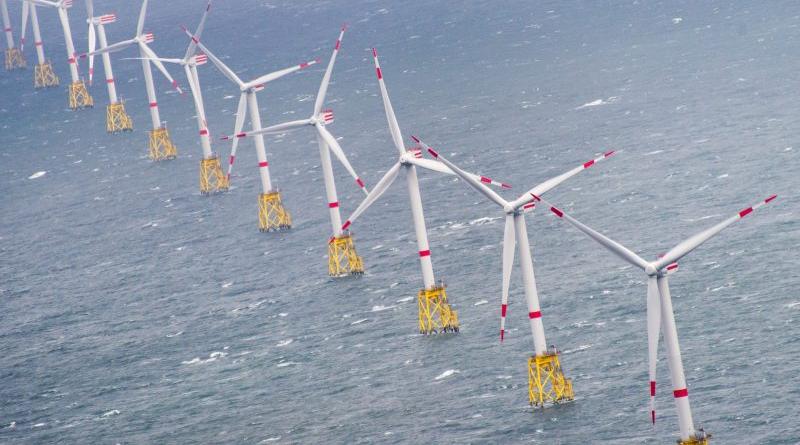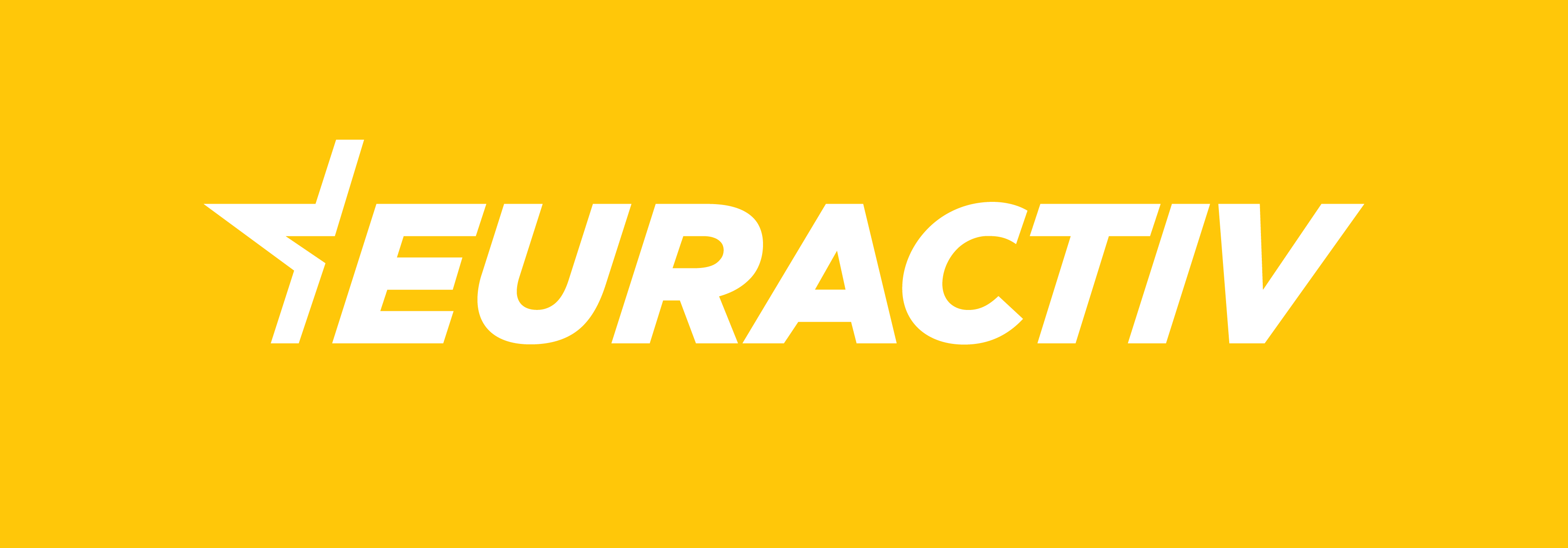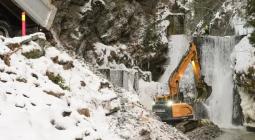EU, Norway seal ‘Green Alliance’ to tackle climate change

The European Union and Norway signed a ‘Green Alliance’ on Monday (24 April), committing to work together on tackling climate change, protecting nature and developing the technologies needed to transition away from fossil fuels.
The alliance, which has been in the works since February 2022, will cover different areas, including nature protection, reversing biodiversity loss, climate change adaptation as well as technologies to remove, capture and store CO2.
The partnership also has a heavy focus on the transition away from fossil fuels, including clean mobility, renewable energy and hydrogen production, and obtaining the critical raw materials needed for these technologies.
“A lot of topics are under the umbrella of the Green Alliance. It will allow us to move along the path to climate neutrality side by side, to join forces,” said European Commission President Ursula von der Leyen as she signed the agreement in Brussels.
“This Green Alliance […] is also a symbol for the deep bond and friendship between Norway and the European Union, a friendship that is demonstrated by the exceptional partnership that we have formed during last year’s energy crisis,” she added.
The alliance is the second of its kind, following a similar agreement made between the EU and Japan in 2021.
Ahead of the signing ceremony, Norwegian Prime Minister Jonas Gahr Støre emphasised the need to transition away from fossil fuels, particularly after Russia’s invasion of Ukraine.
“It’s a paradox that this great ambition has been pushed forward by that terrible war which is being waged in Europe because the need to accelerate the green transition is on everybody’s mind,” said Støre.
“Norway is striving to reach our climate goals in close cooperation with our European partners. We are integrated with the European economy and this Green Alliance is delivering a very comprehensive answer on how we will do that,” he added.
The signing of the Green Alliance comes ahead of a North Sea Summit taking place on Monday in Belgium where representatives of nine countries and the European Commission will discuss speeding up the rollout of offshore wind projects.
“The wind that is harnessed by the turbines in the North Sea will help power Europe’s clean tech industry. It will provide secure and affordable energy to Europeans,” said von der Leyen.
Critical raw materials will also be covered by the Green Alliance as part of ongoing work to build a strategic partnership between Norway and the EU. This started last year and should be concluded soon, according to von der Leyen.
In addition, the agreement includes steps to address climate change at the international level, including both sides committing to promote an increased flow of public and private money towards investments in line with the Paris Agreement and the clean energy transition.
The fossil elephant in the room
Bilateral discussions around the EU-Norway alliance were not always easy, with reports that the two partners were in disagreement over the future role of oil and protection of the Arctic.
Norway has major oil and gas resources and has long been one of the EU’s main energy suppliers. Following the invasion of Ukraine and Russia cutting its gas supply to Europe, Norway became Europe’s biggest supplier of natural gas, a fossil fuel.
While the idea of the alliance is to “join forces to achieve a decarbonised European energy system of the future,” in the short-term, there is a recognition that Norway will remain a vital partner to supply fossil fuels to Europe in the short term.
“Today, Europe still needs reliable and affordable supplies of gas to prepare for the next winter and the next storage filling season. I’m particularly happy that, in the years to come, Norway will maintain its high level of gas supplies and will respond positively to the upcoming tenders,” said von der Leyen.
“Today we add a forward-looking, green chapter to our energy cooperation as we are working together towards climate neutrality,” she added.
The past year has accelerated the EU’s transition away from fossil fuels, said Harriet Fox, an energy and climate data analyst at Ember, a clean energy think tank.
“The EU is now on its way to not only a coal phase out, but a gas phase out too. The shift to a clean, electrified power system underpinned by wind and solar is already well underway,” she said.
However, environmental campaigners are warning that the lacking mentions of oil and gas in the agreement should not be used as a loophole for Norway to keep exploring fossil resources, particularly in the Arctic.
“It is deeply troublesome to see a Green Alliance plan that doesn’t address the main cause of the climate crisis, fossil fuels. We know the Norwegian government tries to use the EU to justify more oil and gas infrastructure, especially in the Arctic,” said Gina Gylver, leader of Natur og Ungdom (Young Friends of the Earth Norway).
“Any industrial plan that doesn’t detail a transition away from fossil fuels is a shortcoming. For the EU to stay silent on Norway’s fossil push into the Arctic is to comply with Norway’s crimes of destroying our oceans and planet,” Gylver added.
[Edited by Frédéric Simon]
cover photo: The EU and Norway plan to work together to drive a green transition, including on offshore wind power in the North Sea [Daniel Reinhardt / EPA]





